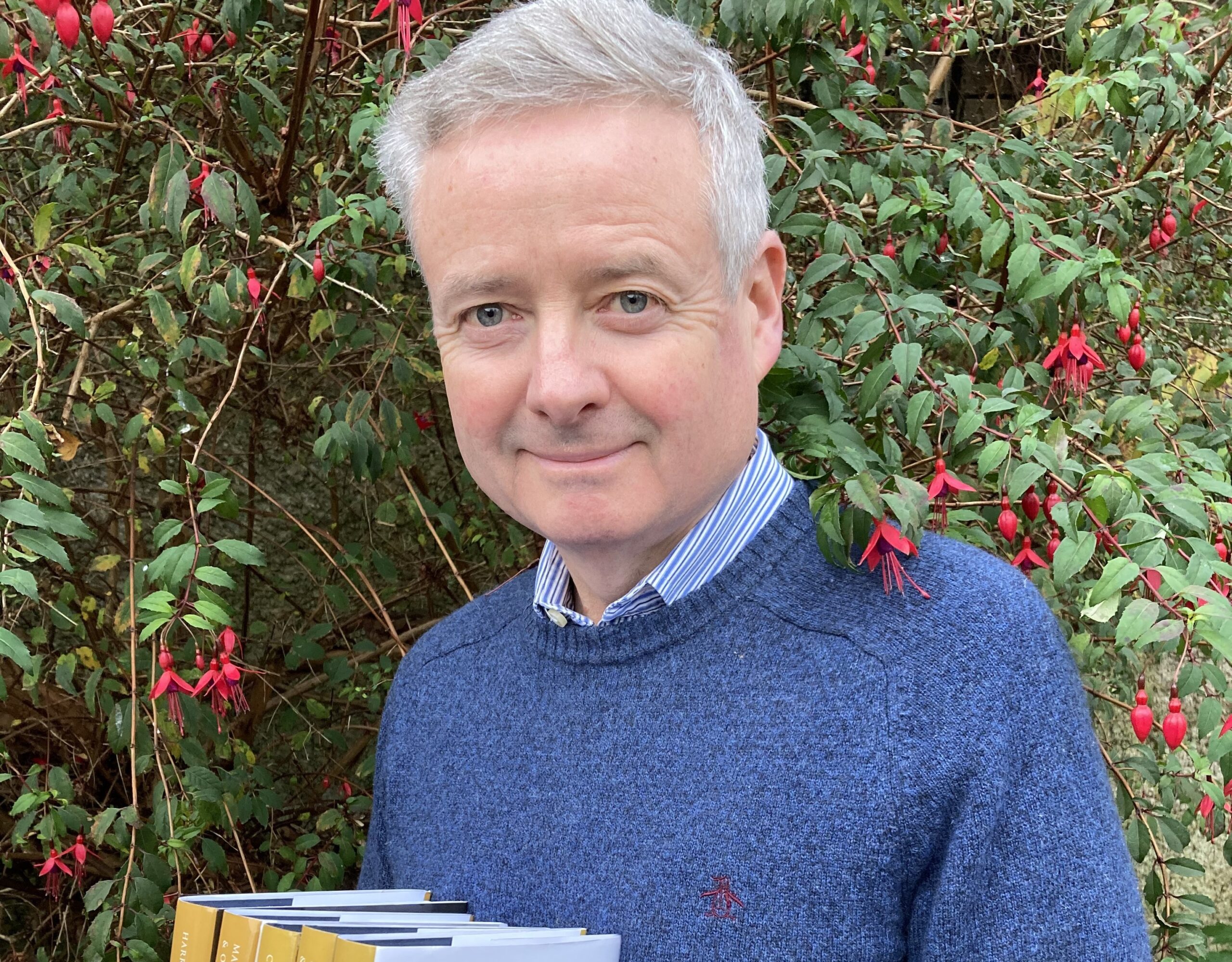A new five-part volume series, The Oxford History of British and Irish Catholicism, by general editor Professor John McCafferty (pictured), analyses the history of Catholicism on these islands from 1530 to date. The Irish launch for this ground-breaking research will take place on 14 December in Newman House on Saint Stephen’s Green, Dublin.
In an interview on 3 November with Siobhán Garrigan on RTE Radio 1’s Witness, Professor McCafferty, who is also chair of the Irish Manuscripts Commission and head of the Department of History at University College Dublin, said that the concept behind the series originated with the idea that at one point 99.99% of people living in Britain and Ireland were members of the Latin Catholic, Western Church, and did not think of themselves as Catholics. However after 1530, there was a polarization by some people identifying as Catholics and others as Protestants.
Professor McCafferty said, “the series was inspired by Oxford University which first wrote about the history of Anglicanism, therefore we felt that Catholicism, as the other really big religious tradition on these islands, should be looked at. The other thing that inspired the series was that, in the last twenty or so years, there has been a huge renaissance of the study of Catholicism – at least among historians and literary scholars -therefore we felt that the time was right to make a definitive statement about Catholicism in Britain and Ireland and also, very importantly, to explore how the work had been done and then set up some signposts for future work. So we wanted to give everybody a big reference work that they could go to for further work, and also try give a sense of the story across Britain in Ireland which has never been done before.”
According to Professor McCafferty there have been significant and basic differences between Catholicism in Ireland, England, Scotland, and Wales, and so synthesizing the story of Catholicism across the four countries “was a very tricky task” due to its ubiquitous nature in Irish history, while being perceived as niche and invisible in England. He said that, “the challenge was to reverse this perception, and say that Catholicism is a world religion, impacting deeply and sometimes painfully in both Ireland and Britain.”He suggested that there was a need to try and recover that story across the four different countries.
One aspect discovered in Professor McCafferty’s research was “writing about how Scottish Catholicism really begun. In Ireland, the challenge was actually writing about Catholicism as a religion rather than a social phenomenon or political phenomenon. In England, a lot of the challenge of writing about Catholicism came from looking at the movement of Catholicism away from being a persecuted minority to one of the bigger Christian denominations in modern England.”
The fifth volume of the series entitled, Recapturing the Apostolate of the Laity, takes readers from 1914 to 2021. With the first part of the Universal Synod in Rome just completed, Professor McCafferty concluded that the Catholicism that many people grew up with in Ireland, including himself, was “very clerical and sacramentalised with strong Episcopal control”, but this turns out to be a historical anomaly. He said that, before the 21st and 19th centuries, lay people and women actually had more power and agency within the Church than one might think. With this in mind, he predicts, “the future will be about going back to the past where the Church will be stronger in terms of lay agency and possibly even a Church that begins to revisit its sacramentalisation incorporating a significant role for women in that.”
ENDS


